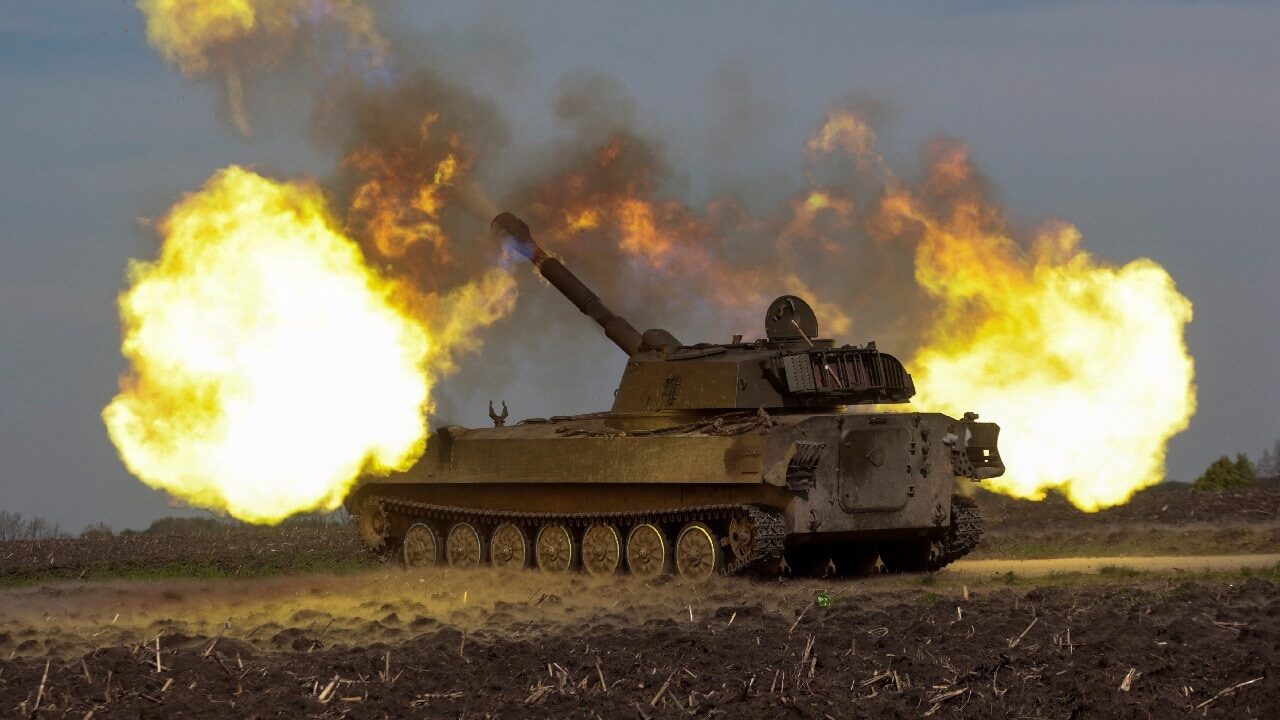Ukraine War Threatens Germany’s Renewable Energy Pledge, Pushes Country Back To Coal – On Sunday, Germany’s Economy Minister Robert Habeck warned that the war in Ukraine will cause an energy shortage by the winter, warning that precautionary measures would be taken to prevent a supply shortage.
Among those precautionary measures is a plan to compensate for a reduction in Russian gas supply by increasing the burning of coal domestically.
Coal, the most carbon-intensive fossil fuel for emissions and the target of environmentalists for decades now, is perhaps the worst possible fuel source for Germany given the country’s ambitious renewable energy goals – but it looks as though Germany has no other choice.
Not only does the decision put Germany’s renewable energy goals in jeopardy, but the announcement was particularly difficult for Habeck, who is also a member of the German Green party.
“That’s bitter, but it’s almost necessary in this situation to reduce gas consumption,” Habeck said. “We must and we will do everything we can to store as much gas as possible in summer and autumn.”
The announcement comes off the back of a warning from Gazprom, Russian’s state-run energy supplier, that natural gas supplies distributed via the Nord Stream 1 pipeline will be limited for the time being. While Gazprom insists that the supply cut is a result of technical problems, Germany politicians pushed back and said that the move was a political decision made in light of Europe’s overwhelming support for Ukraine.
Germany Set Back By Years
While the move was pitched as a temporary precaution, the measures may be required for several more years. Western sanctions on Russian oil and gas, and Russian retaliation to Western countries that supported Ukraine – regardless of which side succeeds in the conflict in Ukraine – could last for many more years.
Liz Truss, the United Kingdom’s foreign secretary, also said in April that the war in Ukraine could last as long as 10 years. If that’s true, it could slash Germany’s hopes of phasing out coal-fired power plants by 2030 and fulfilling all of its electricity needs with renewable sources by 2035.
Earlier this year, Habeck praised the accelerated renewable energy plans, describing them as a key part of making Germany less dependent on Russia’s fossil fuel supplies.
The Economy Ministry proposed new legislation earlier this year that would triple the annual additions from wind and solar facilities in Germany.
Without Russian gas, however, those plans may need to be accelerated further – and if Germany can’t facilitate such a rapid expansion of its renewable energy plants, its goal of achieving 100% renewable energy sources by 2035 may ultimately prove unrealistic.
Jack Buckby is a British author, counter-extremism researcher, and journalist based in New York. Reporting on the U.K., Europe, and the U.S., he works to analyze and understand left-wing and right-wing radicalization, and reports on Western governments’ approaches to the pressing issues of today. His books and research papers explore these themes and propose pragmatic solutions to our increasingly polarized society.

